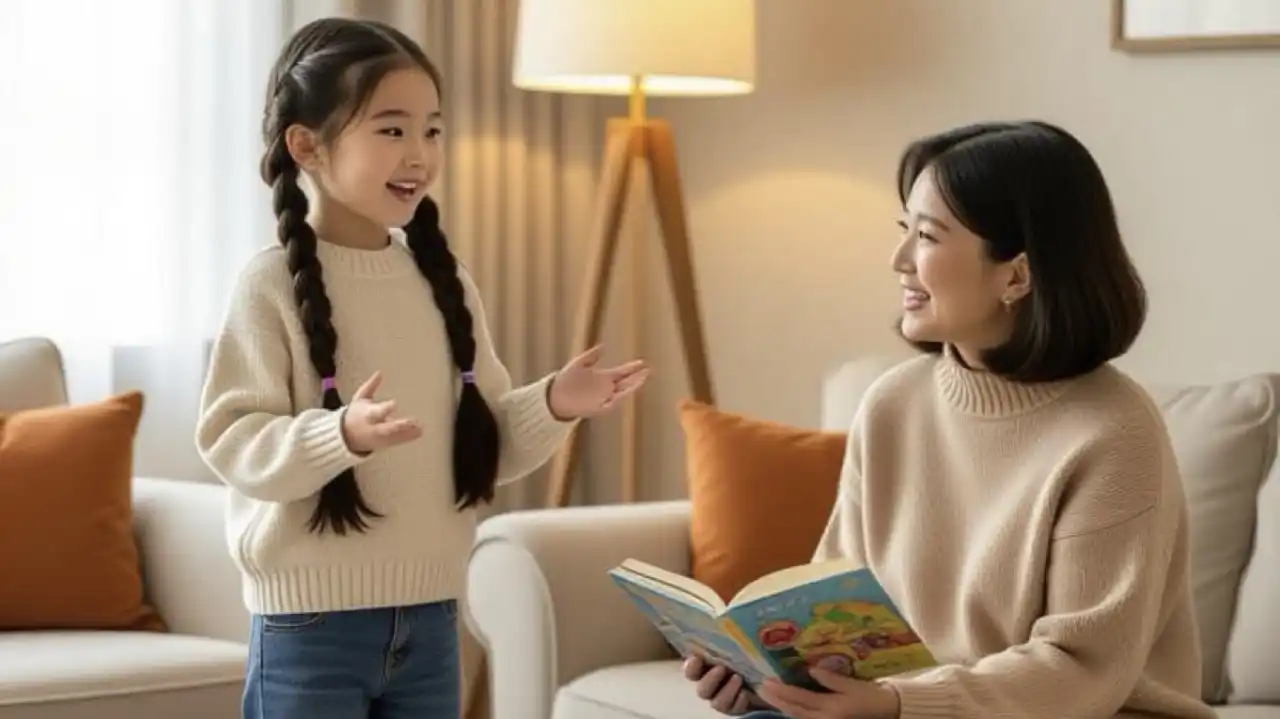
Fostering Freedom of Expression
I
magine your home alive like an ancient agora, where voices rise freely, questions fly, and young minds spark with bold discovery. This is no mere hope—it is your mission to forge a haven for their intellectual freedom. Today’s world stifles them: rigid lessons crush their whys, fleeting trends bury depth, peer judgments chill their courage. Without room to speak, their confidence fades, their grit softens, lost to a tide that prizes echoes over originals. You wield the power to shift this, building a space where ideas soar, unshadowed by doubt. Freedom of expression is their bedrock, forging resilience and reason, as Greeks knew when debates shaped giants. With a tale, a nod, or a shared puzzle, you light their path, nurturing thinkers who question deeply and stand firm, ready to carve truths for tomorrow.
Here is the journey ahead:
- Let Them Share Their Thoughts: A child’s ability to express thoughts freely is the root of intellectual growth. It builds the confidence they need to think critically and independently. Yet modern pressures—screens, schedules, and rigid classrooms—often quiet that voice. This section offers practical ways to keep it alive at home. By drawing from the spirit of the Greek agora, where bold ideas once met open ears, you can create a space where your child’s mind sharpens through dialogue—and feels heard.
- Creating a Safe Space: Confident expression doesn’t start with speaking—it starts with safety. When children know they won’t be rushed, judged, or dismissed, their ideas begin to take shape. This section shows how to build that kind of home environment—one where hesitation fades and their voice can stretch. A safe space isn’t soft—it’s sturdy. It holds their boldness until they’re ready to carry it themselves.
- Encouraging Questions and Curiosity: Curiosity drives real learning, yet many schools teach children to chase answers, not questions. At home, you can reverse that rhythm. When your child wonders why, don’t rush to solve it—ask what they think. Let their questions lead somewhere unexpected. The goal isn’t efficiency; it’s depth. A home that welcomes curiosity becomes a place where thinking stays alive.
- Modeling Open-Mindedness: As a parent, your openness to ideas profoundly shapes how children approach the world, teaching them to embrace diverse perspectives and think critically. This section provides practical ways to model curiosity, fairness, and reason, fostering a flexible and inquiring mind. Drawing on the open discourse of the Greek agoras, these strategies will help parents inspire children to engage thoughtfully, preparing them to navigate life’s complexities with confidence.
- Family Discussions and Debates: Family discussions and debates build confidence and sharpen reasoning—but only when they’re supported by structure. This section offers ways to create engaging exchanges that balance competition and collaboration. Drawing from the spirit of the Greek agoras, these tools will help you foster thoughtful expression and steady articulation, giving your child space to grow their voice in a lively, respectful setting.
- Developing Critical Thinking: Critical thinking equips children to navigate a complex world—not by memorizing facts, but by learning how to weigh them, test them, and see through surface claims. This section offers strategies to help your child sharpen those skills through playful puzzles, spirited arguments, and simple experiments. These aren’t abstract lessons—they’re lived habits that grow a mind capable of questioning, analyzing, and drawing clear conclusions. Just as ancient thinkers in the Greek agoras sought truth through dialogue and reason, your home can become a space where clarity rises from curiosity and challenge.
- Leading by Example: Children learn more from what you do than what you say. Your example—how you wonder aloud, how you face hard choices, how you respond to new ideas—quietly shapes their approach to thinking and living. This section offers ways to model the habits that matter most: curiosity, clarity, and thoughtful independence. Rooted in the spirit of the Greek agoras, these practices help you raise a child who not only asks bold questions, but grows into someone who leads with wisdom, courage, and care.
Begin tonight with a question, and watch their fire grow.
Table of contents

Primordial Soup for the Mind: Navigation
Navigate the book Primordial Soup for the Mind.



